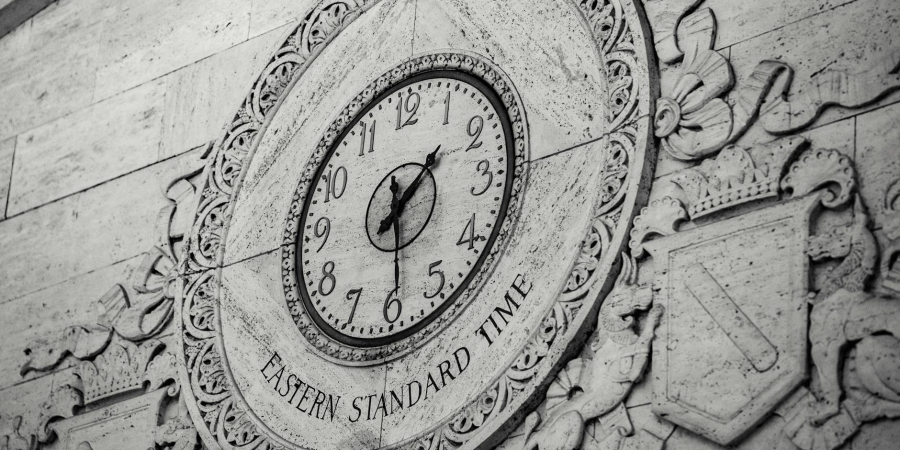

Attempting to reverse your past, either through literal means like time travel (a popular concept in science fiction) or metaphorically through deep regrets and obsessive dwelling on past mistakes, can have profound implications on your life. While the idea of changing the past might seem appealing, especially to undo mistakes or avoid painful experiences, it can lead to unintended and potentially harmful consequences. Here's an exploration of what might happen when you try to reverse your past.
### The Butterfly Effect
One of the most significant concepts related to changing the past is the "butterfly effect," which originates from chaos theory. It suggests that small changes in the initial conditions of a system can lead to vastly different outcomes. In the context of reversing your past, even the slightest alteration—like changing a minor decision or interaction—could have unpredictable and far-reaching consequences. For example, something as simple as deciding not to meet someone you later regretted meeting could lead to a completely different chain of events, impacting not only your life but also the lives of others in ways you cannot foresee.
### Loss of Growth and Learning
Our past experiences, both good and bad, shape who we are today. They contribute to our personal growth, resilience, and wisdom. Attempting to erase or undo these experiences might remove crucial lessons learned from them. Mistakes, regrets, and hardships often serve as catalysts for personal development. Without them, you may miss out on the growth that comes from overcoming adversity, and you might find yourself repeating similar mistakes in the future due to a lack of the wisdom gained from the original experiences.
### Emotional and Psychological Toll
Constantly fixating on the past and wishing to change it can lead to emotional distress and mental health issues. This fixation might manifest as chronic regret, guilt, or anxiety, preventing you from living fully in the present. The pursuit of an impossible goal—changing what has already happened—can lead to feelings of helplessness and frustration. Over time, this obsession with the past can erode your mental well-being, leaving you trapped in a cycle of rumination that hinders your ability to move forward and find peace.
### Disruption of Relationships
Relationships, whether familial, romantic, or platonic, are built on a series of shared experiences and memories. Changing the past could disrupt these relationships, as the bonds formed through mutual experiences may no longer exist. For instance, a decision to reverse a past argument or misunderstanding might erase the subsequent reconciliation and strengthening of the relationship, leaving it weaker or non-existent.
